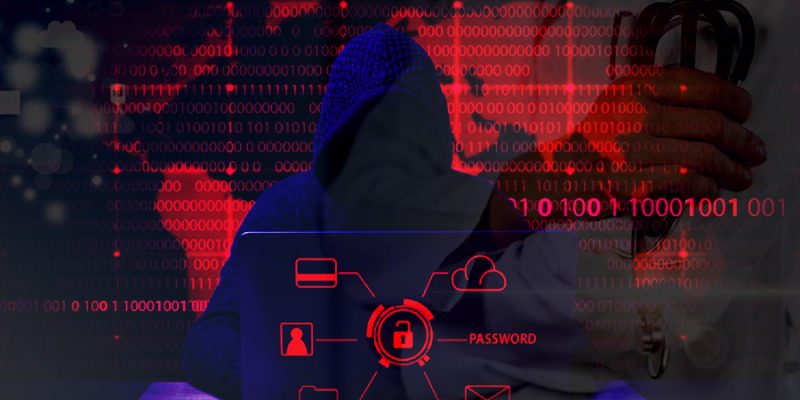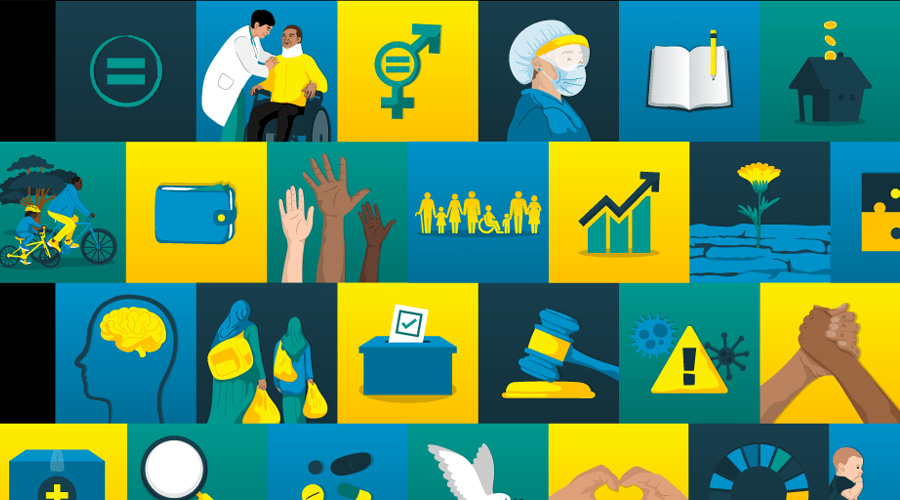
In the past decade, experts have seen a rise in cyberattacks in healthcare sectors
In the past decade, we have seen a rise in cyberattacks in healthcare sectors. However, the healthcare sector has been hit particularly hard, as the WannaCry and Petya attacks in 2017 showed us. With the release of new ransomware and malware variants, it is only a matter of time before we see another major attack on the healthcare sector. In this blog post, we will explore the rise in cyberattacks on the healthcare sector and what will happen in 2023. We will also discuss some possible solutions to help mitigate these attacks.
What is a Cyberattack?
A cyberattack is a type of attack that uses digital technologies to target individuals, businesses, or governments. Cyberattacks can be used to steal data, destroy systems, or disrupt operations. In recent years, the healthcare sector has been increasingly targeted by cyberattacks.
In 2017, the WannaCry ransomware attack hit hospitals across the UK, causing widespread disruption. The attack encrypted patient data and demanded a ransom for the decryption key. Other notable attacks in recent years include the NotPetya malware attack, which impacted Ukraine’s healthcare system, and the Petya/NotPetya attacks, which hit several hospitals in the US.
As cyberattacks become more sophisticated and frequent, it’s important for healthcare organizations to be aware of the risks and take steps to protect their systems. In 2018, the US Department of Health and Human Services (HHS) released a cybersecurity playbook to help healthcare organizations prepare for and respond to cyberattacks. The playbook includes guidance on creating a cybersecurity incident response plan, identifying vulnerabilities, and training staff on cybersecurity best practices.
Looking ahead to 2019, it’s likely that we will see more cyberattacks on the healthcare sector. With the rise of connected medical devices and increasing digitization of health records, there are more opportunities for attackers to gain access to sensitive data. Healthcare organizations need to be prepared for these threats and take steps to protect themselves from attack.
The Impact of Cyberattacks on the Healthcare Sector
Healthcare data is some of the most sensitive data out there. A cyberattack on a healthcare organization can have far-reaching consequences, both for the organization and for the patients whose data is compromised.
In recent years, we’ve seen an increase in cyberattacks on the healthcare sector. These attacks are becoming more and more sophisticated, and they’re costing healthcare organizations billions of dollars each year.
What’s driving this increase in attacks? One reason is that healthcare data is increasingly valuable to criminals. Another reason is that the healthcare sector is lagging behind other industries when it comes to cybersecurity. This means that there are more opportunities for attackers to exploit vulnerabilities in healthcare systems.
So what can we expect to see in terms of cyberattacks on the healthcare sector in ? Unfortunately, it’s likely that we’ll see more of the same: more attacks, more data breaches, and more patients’ lives being put at risk.
What will happen in 2023 due to cyberattack
The healthcare sector is under constant attack from cybercriminals. In 2017, there were over 1,000 reported cyberattacks on healthcare organizations. This number is only expected to rise in the coming years.
One of the most worrisome aspects of these attacks is that they are becoming more sophisticated and targeted. In the past, most attacks were simply opportunistic, aiming to steal data or disrupt service. However, now we are seeing attackers with specific goals in mind, such as financial gain or political motivation
What will happen in 2023 due to these increasing cyberattacks?
There are a few potential scenarios:
1) The number of attacks will continue to rise, reaching an unmanageable level for healthcare organizations. This could lead to widespread disruptions in service and patient care.
2) The attackers will become more successful in their efforts, causing significant financial damage to healthcare organizations. This could put some hospitals out of business and make it difficult for others to provide adequate care.
3) The government will step in and start regulating the healthcare sector more heavily in an attempt to protect its citizens from these attacks. This could lead to stricter rules and regulations that hamper innovation and impede the delivery of care.
No matter what happens, one thing is certain: the threat of cyberattacks on the healthcare sector is real and growing. Organizations need to be prepared for the worst and take steps to protect themselves now.



















